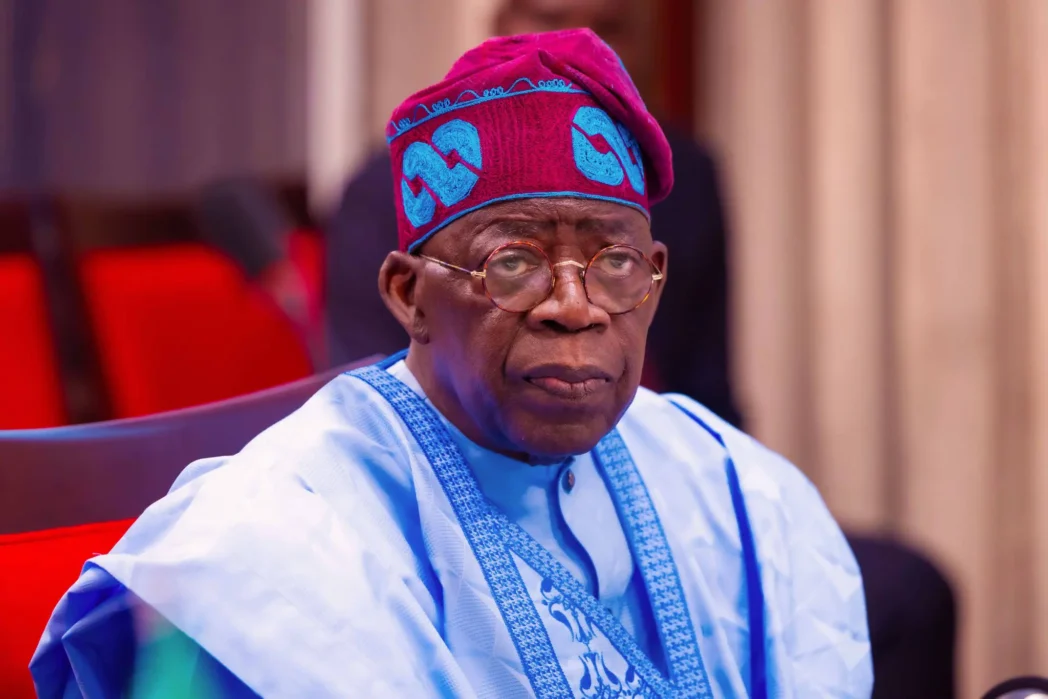President Bola Ahmed Tinubu is set to sign into law four transformative tax reform bills today at the State House in Abuja, marking a pivotal step in his administration’s drive to overhaul Nigeria’s fiscal architecture and improve the ease of doing business. The bills, passed by the National Assembly following months of intensive consultation with stakeholders, are expected to significantly increase government revenue, streamline tax processes, reduce compliance burdens, and boost both domestic and foreign investments.
According to a statement released by presidential spokesperson Bayo Onanuga, the bills the Nigeria Tax Bill (Ease of Doing Business), the Nigeria Tax Administration Bill, the Nigeria Revenue Service (Establishment) Bill, and the Joint Revenue Board (Establishment) Bill aim to modernize Nigeria’s outdated tax framework and unify fragmented tax statutes. Together, they reflect a cornerstone of Tinubu’s Renewed Hope economic agenda.
The Nigeria Tax Bill (Ease of Doing Business) seeks to consolidate Nigeria’s complex and disjointed tax laws into a single, harmonized legal framework. This effort targets the longstanding issue of tax multiplicity a major complaint by businesses by eliminating overlapping taxes and reducing compliance hurdles. Experts say this will create a more predictable tax environment and significantly enhance Nigeria’s attractiveness to investors.
The Nigeria Tax Administration Bill, another critical component, will establish a standardized legal and operational framework for tax administration across all levels of government federal, state, and local. This unified approach aims to reduce jurisdictional confusion, improve taxpayer engagement, and promote data-driven decision-making in tax collection.
The Nigeria Revenue Service (Establishment) Bill will officially repeal the existing Federal Inland Revenue Service (FIRS) Act and usher in a more autonomous, performance-oriented institution the Nigeria Revenue Service (NRS). The new body will be tasked not only with tax collection but also with gathering non-tax revenues. It will be governed by strengthened transparency and accountability frameworks, including annual performance benchmarks and independent audits.
The fourth and final bill, the Joint Revenue Board (Establishment) Bill, will formalize intergovernmental coordination through a structured governance platform involving all tiers of government. It also establishes key accountability institutions including a Tax Appeal Tribunal for dispute resolution and an Office of the Tax Ombudsman to handle taxpayer complaints.
Today’s presidential signing ceremony will be witnessed by top government officials and legislators, including Senate President Godswill Akpabio, Speaker of the House of Representatives Tajudeen Abbas, the chairmen of the Senate and House Committees on Finance, Minister of Finance and Coordinating Minister of the Economy Wale Edun, Attorney General of the Federation Lateef Fagbemi, and representatives of the Nigeria Governors Forum and the Progressive Governors Forum.
The bills, originally introduced as Executive Bills in November 2024, underwent extensive legislative review and harmonization, including rigorous scrutiny by joint committees and legal experts. Their passage and forthcoming assent are seen as a signal to both the Nigerian public and international investors that the government is serious about fiscal reform, improved revenue collection, and governance transparency.
Senator Yemi Adaramodu, Chairman of the Senate Committee on Media and Public Affairs, emphasized that such monumental tax legislation required detailed legal alignment and broad stakeholder engagement. “We took the time to get it right,” he said, confirming that the harmonized bills were formally signed by both the Senate President and the Speaker before transmission to the presidency.
The reforms are widely expected to strengthen Nigeria’s fiscal capacity, improve investor confidence, and set the foundation for long-term economic stability amid the government’s broader efforts to reposition the country as a competitive hub for investment and innovation in Africa.













Leave a comment